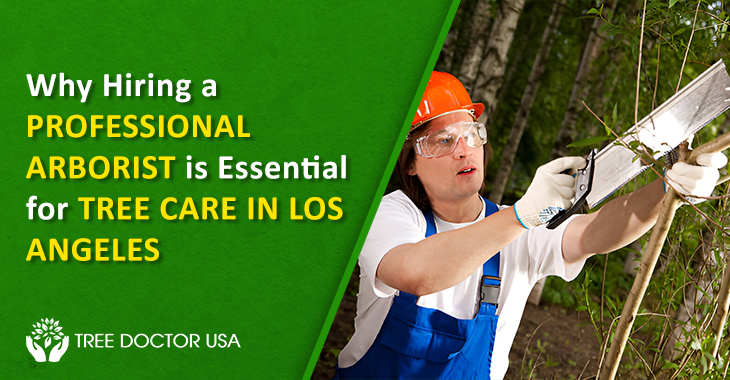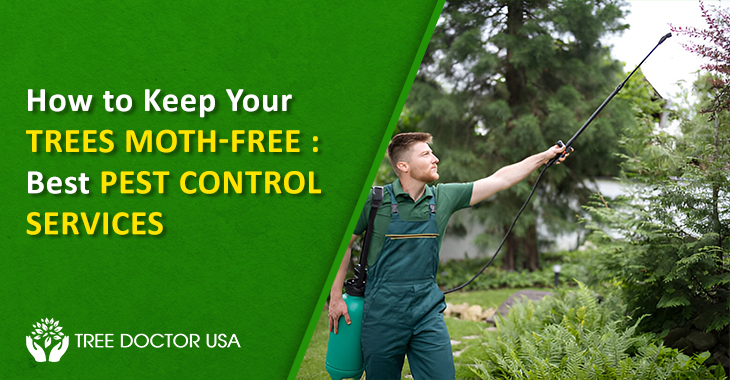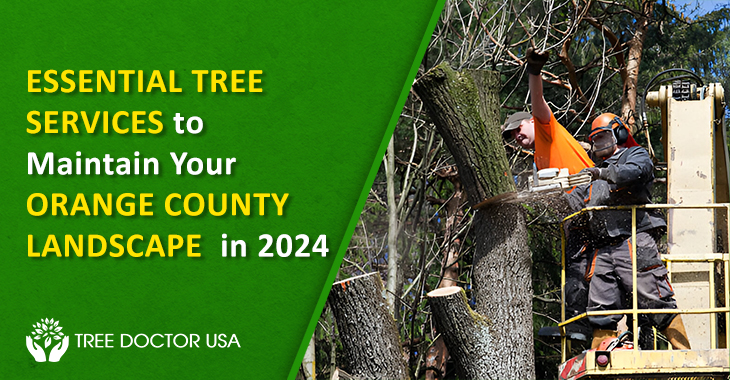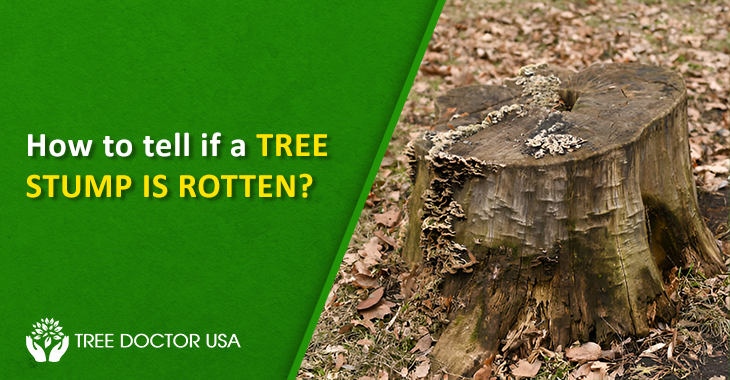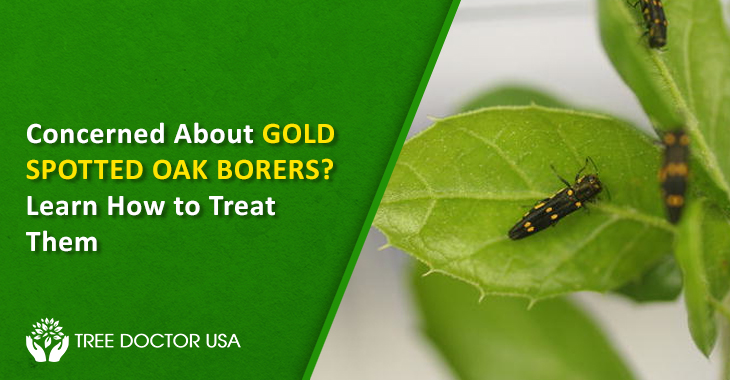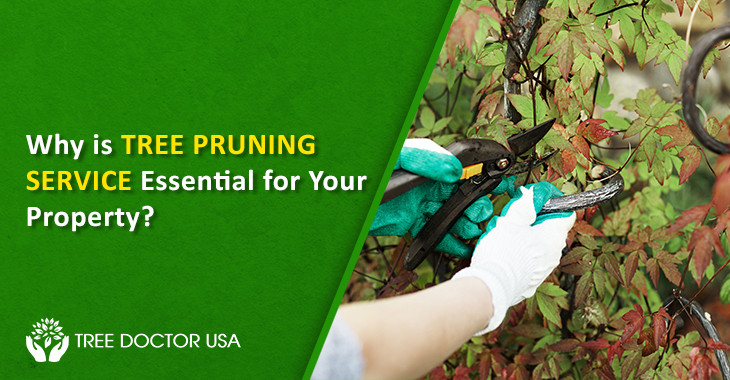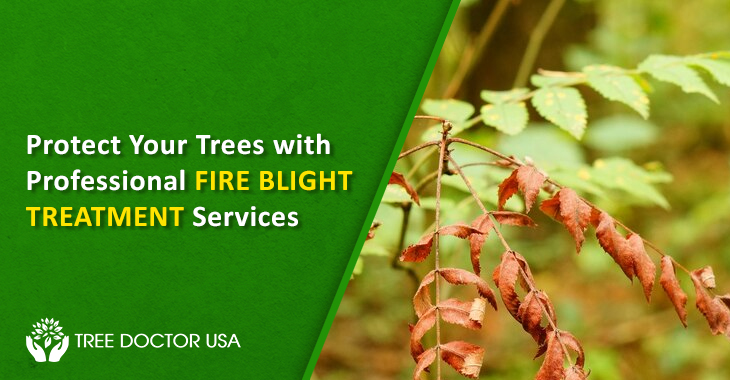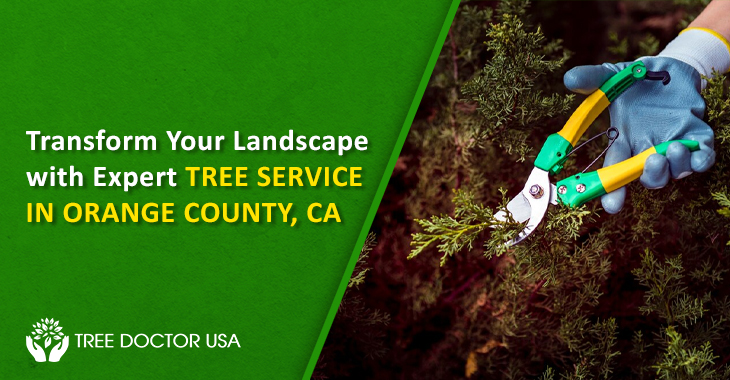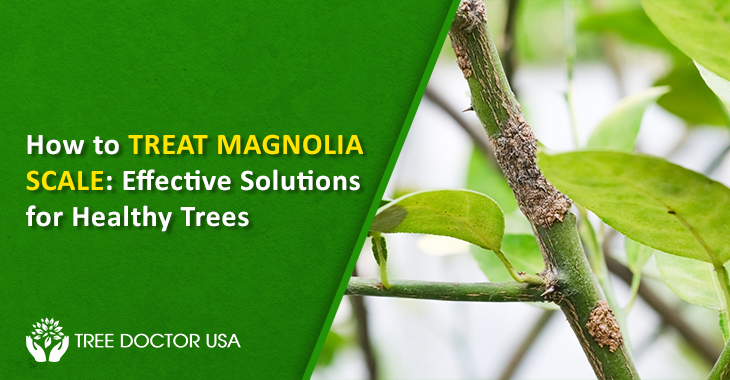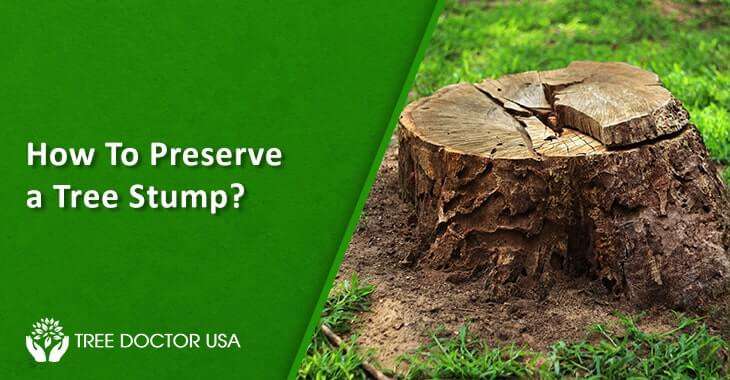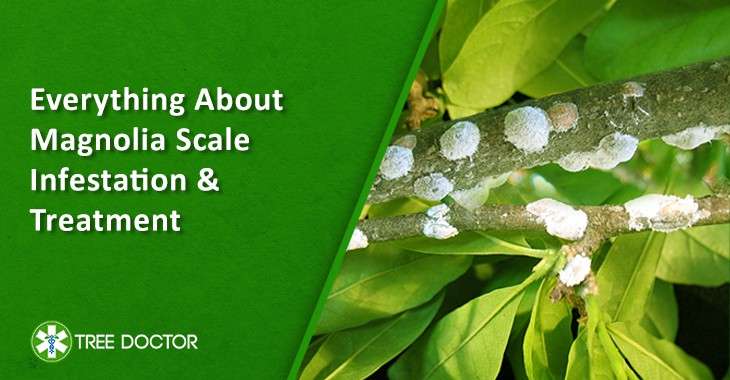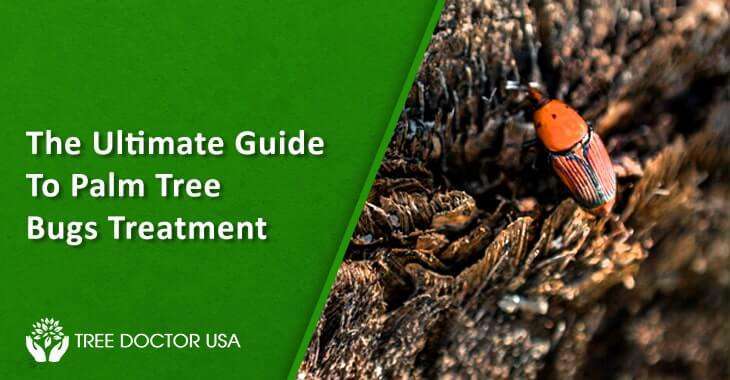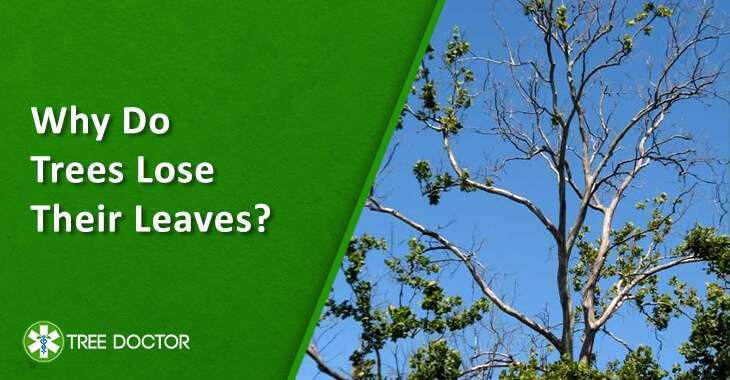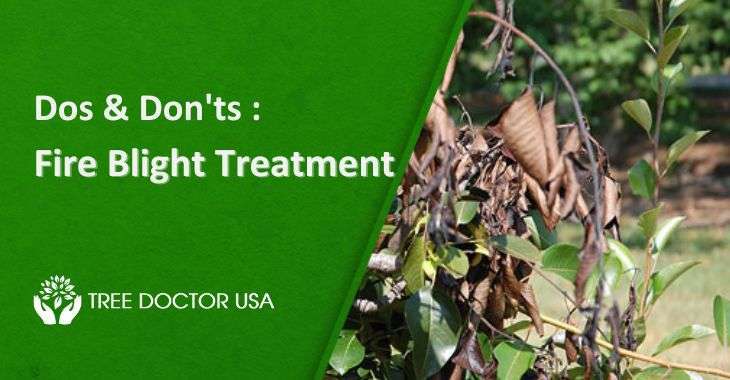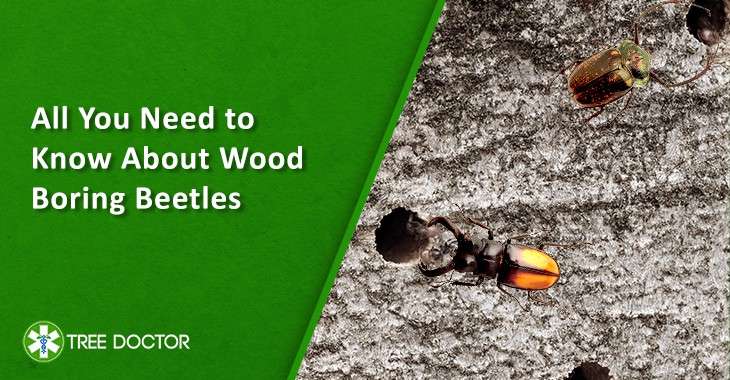Trees are vital to Los Angeles, enhancing air quality, providing shade and boosting property value. However, urban tree care in Los Angeles is complex, requiring expert knowledge of tree biology and local environmental conditions.
Moth infestation in trees is a real menace across the USA, with Gypsy Moths being the primary cause. Are you also struggling with seasonal moth infestation and don’t know what to do? Then, our moth pest control service can be a lifesaver.
Expert arborists understand the unique needs of each tree species and can provide the specialized attention required to keep them thriving. Tree service in Orange County, CA, ensures that our trees remain strong and resilient, contributing to the area’s overall beauty and environmental health.
Simple maintenance tasks are, of course, important. Yet, not all tasks can be handled by homeowners or commercial property owners. Professional tree services in San Diego have significantly prevented hazards during storms and other difficult situations.
The advantages of a few of the chemicals sold for repairing soil are examined in this article. It also explains their practical applications for enhancing plant development. Knowing the exact soil treatment chemicals to use may significantly impact your garden’s health and output.
Tree stumps may be creatively used as planters or fanciful fairy dwellings, adding a rustic charm to a yard or garden. However, a decaying tree stump can potentially become deadly. Being able to tell if the stump of a tree is deteriorating can help you keep your outside space appealing and secure.

